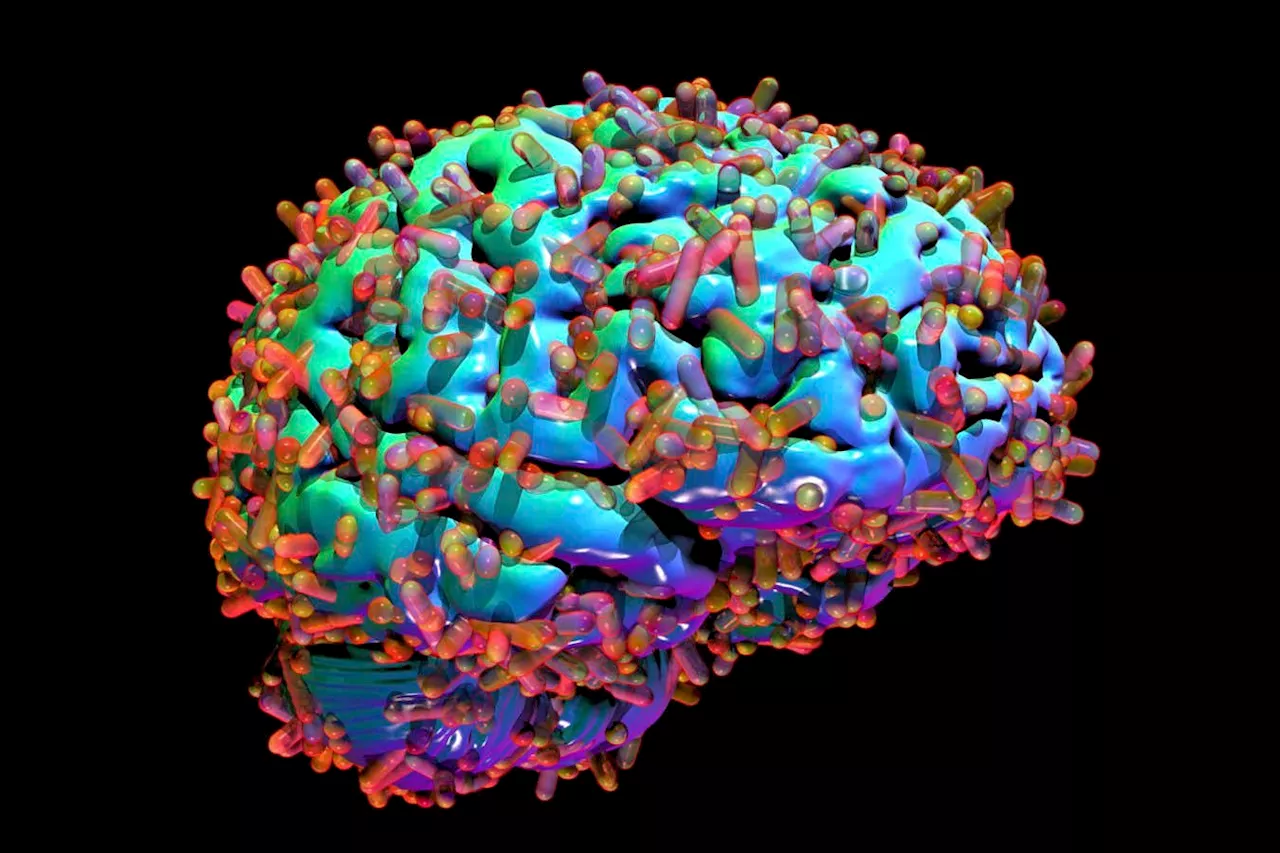Reversible puberty blockers halt the development of gendered characteristics.
England's National Health Service has banned the use of puberty blockers for the treatment of gender dysphoria or gender incongruence in transgender minors.
The agency said it made the move after considering an evidence review conducted by England's National Institute for Health and Care Excellence. Clinicians will also be able to apply for the treatment for their patients under NHS England's Individual Funding Request process, the agency said.
United States Latest News, United States Headlines
Similar News:You can also read news stories similar to this one that we have collected from other news sources.
 Cancer patients at risk from stretched NHS, says NHS complaints chiefA health system 'at breaking point' is causing delays in diagnosis and treatment, says ombudsman.
Cancer patients at risk from stretched NHS, says NHS complaints chiefA health system 'at breaking point' is causing delays in diagnosis and treatment, says ombudsman.
Read more »
 NHS England Bans Puberty Blockers for Transgender Children, Activists DenounceSource of breaking news and analysis, insightful commentary and original reporting, curated and written specifically for the new generation of independent and conservative thinkers.
NHS England Bans Puberty Blockers for Transgender Children, Activists DenounceSource of breaking news and analysis, insightful commentary and original reporting, curated and written specifically for the new generation of independent and conservative thinkers.
Read more »
 Reversible Dementia and the Brain MicrobiomeA new study suggests that an imbalance in the brain microbiome may predispose people to neurodegenerative diseases. Cases of reversible dementia have sparked interest in this idea, challenging the previous belief that the brain is devoid of microbes.
Reversible Dementia and the Brain MicrobiomeA new study suggests that an imbalance in the brain microbiome may predispose people to neurodegenerative diseases. Cases of reversible dementia have sparked interest in this idea, challenging the previous belief that the brain is devoid of microbes.
Read more »
 Kennedy Expressway reversible lanes close for 2nd phase of construction projectKennedy Expressway drivers beware, the reversibles are officially closed for the next phase of the construction project.
Kennedy Expressway reversible lanes close for 2nd phase of construction projectKennedy Expressway drivers beware, the reversibles are officially closed for the next phase of the construction project.
Read more »
 Kennedy Expressway construction: Crews to start closing reversible express lanes Monday nightThe Kennedy Expressway construction project is expected to cause headaches for drivers for months.
Kennedy Expressway construction: Crews to start closing reversible express lanes Monday nightThe Kennedy Expressway construction project is expected to cause headaches for drivers for months.
Read more »
 Evolution may be reversible — and it could solve antibiotic resistanceA Monash University study suggests some forms of antibiotic resistance gained through evolution may be reversible. What does this tell us about evolution?
Evolution may be reversible — and it could solve antibiotic resistanceA Monash University study suggests some forms of antibiotic resistance gained through evolution may be reversible. What does this tell us about evolution?
Read more »
